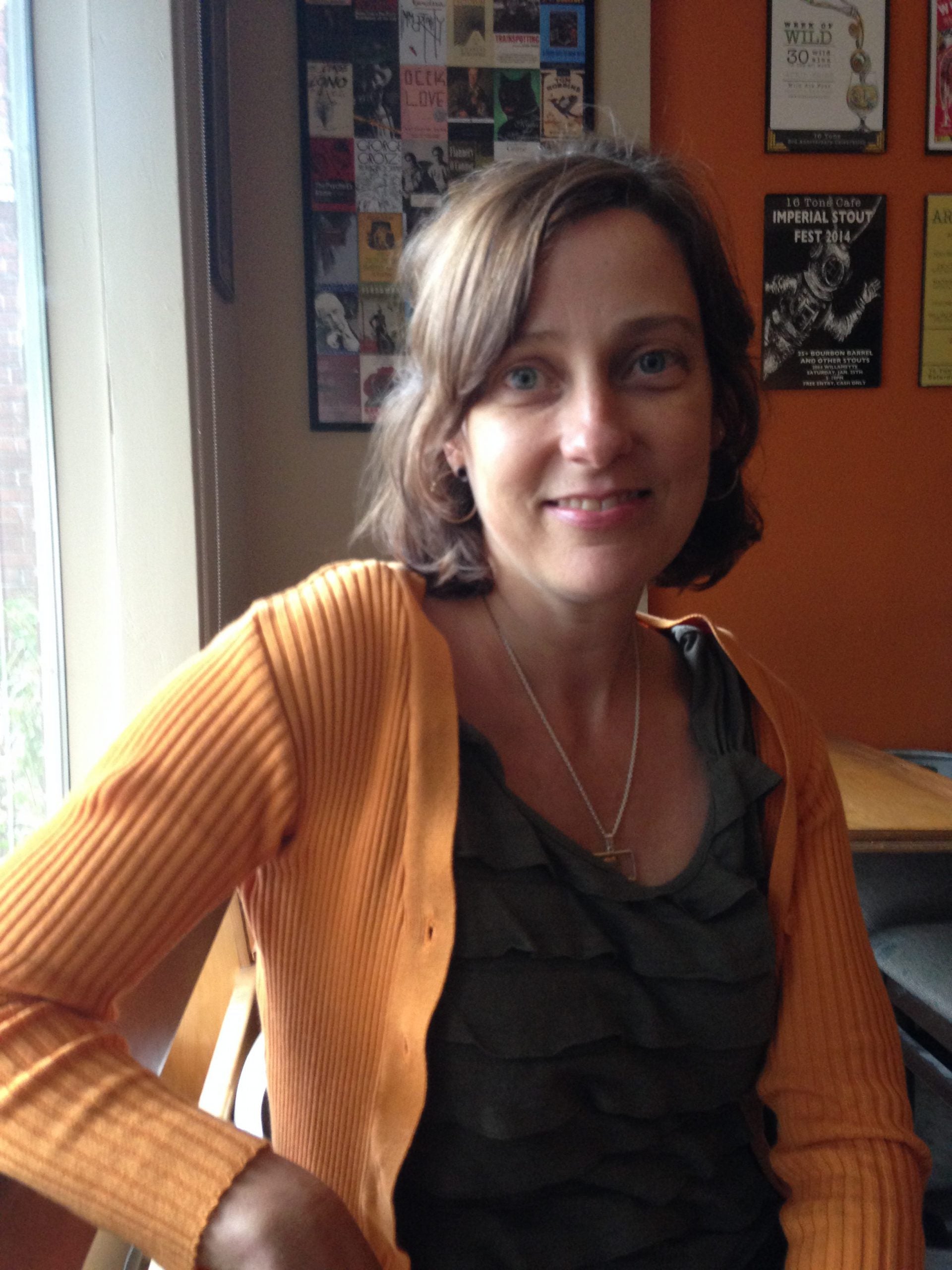As an English Language Fellow in Addis Ababa, Ethiopia, at St. Mary’s University College, from 2009 to 2011, Becki Quick wore many hats. She was a teacher trainer with a variety of teacher and volunteer groups across Ethiopia, she developed and taught TOEFL iBT Prep courses, academic writing courses, as well as oral skills courses, and she served as a founding committee member in conjunction with the Public Affairs Section for the U.S. Achievers Program.

What initially presented itself as a major obstacle in Quick’s fellowship ended up leading her to one of her largest successes. Near the beginning of her fellowship, Quick was asked by her institution to design and teach an oral communication class. She conducted a needs assessment with over 100 students that showed almost all of her students were interested in improving their oral English skills, but in practice, students were reluctant to participate. “Students, especially women, were often silent in my classes – no matter what type of activity I tried to use to facilitate communication,” Quick said. She attributed this behavior to the traditional, lecture-based courses that students had grown accustomed to at the university. “I realized my students were talking more to me in the hallways than in the classroom. As a language instructor, I found this classroom reality very challenging and frustrating.” This challenging classroom environment led Quick to establish the Language Resource Center (LRC) for students and faculty.

Through the foundation of the LRC, Quick was able to reach more students through targeted methods. The center allowed students to enter and seek material at their own proficiency level. Like in so many English language classes, levels and needs among students at the institution varied greatly. This new space allowed students more individualized interactions with English. It circumvented the “one size class fits all” approach to learning that was inhibiting classroom engagement in this university context.

The Center used walk-in hours to encourage students to stop by throughout the school day and provided a relaxed atmosphere where students could learn English without performance pressure. The LRC also offered workshops that fostered language and academic skills and exposed students to world culture and media. Quick reported, “I communicated more with students in one week in the LRC than I did in a 10-week class on oral communication.” The project was a huge success and was Quick’s “proudest accomplishment” of her fellowship. After her first year as a Fellow, the college granted the LRC a larger space and a more central location based on increased participation. To this day, the LRC continues to serve as a space for learning English outside the classroom. It is run by St. Mary’s University College faculty and is a sustainable legacy of Quick’s work as a Fellow.

Mutual learning and understanding was a theme that characterized Quick’s fellowship and her professional life upon returning to the United States. When asked about the impact she had on her host community, the former Fellow was quick to emphasize the impact her colleagues in her host community had on her as well. “I was in my host community as an expert in my field, but not as an expert in the Ethiopian context of English language learning. I asked a lot of questions from my colleagues and did a lot of listening. I relied on my colleagues to be experts in their own profession and fill me in on where I could help or support.” The admiration and respect that Quick showed her Ethiopian counterparts was returned unequivocally.

Upon returning to the United States, Quick continued to incorporate mutual learning and understanding into her position at the University of Oregon’s American English Institute. As an Instructor, she works with students to counter misunderstanding about east African nations. When reflecting on the influence of her fellowship on her work today, Quick stated, “I believe I have become much more of an advocate for representing a diversity of perspectives and voices. I have opened my curriculum up to more positive and inspiring stories of the sub-continent. This is not limited to just balancing voices from sub-Saharan Africa, but also involves sharing underrepresented voices from around the world.”

Becki Quick’s experiences as an English Language Fellow has had lasting impact on her personal and professional development. She noted that, “serving as a Fellow brings a lot of professional clout to the field of English language teaching. I believe it made me a contender for my position as an Instructor at the University of Oregon.” Through this position, Quick has had regular opportunity to apply what she learned as a Fellow in teaching academic English to international students, instructing Iraqi professors, co-facilitating the Study of the U.S. Institutes Environment Programs, and serving as a committee member of the diversity and scholarship committees to help lower-income students participate in the Intensive English Program, among other activities.


